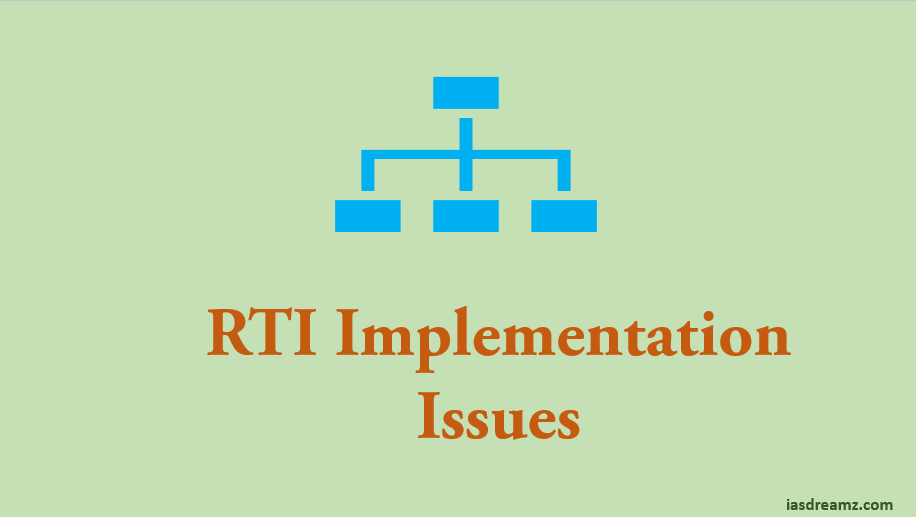Application to Non-Governmental Bodies:
Under the Act, a non-governmental body needs to be substantially financed by government to be categorized as a public authority under the Act.
Section 5 of the FOI Act (UK) gives the Secretary of State, power to designate private organizations as public authorities if either they appear to him to be performing functions of a public nature; or they are carrying out functions under contract with a public authority which would otherwise be up to the authority to provide.
In case of charities, the UK Act applies only when they are set up by the Crown, statute or a government department and have at least one nominee of the Crown or the government department.
A small number of ‘wholly publicly-owned’ companies are subject to the Freedom of Information Act in UK but the vast majority of private companies are not.
The Promotion of Access to Information Act, South Africa, goes a step further.

“Public body” means—
(a) any department of state or administration in the national or provincial sphere of government or any municipality in the local sphere of government; or
(b) any other functionary or institution when—
(i) exercising a power or performing a duty in terms of the Constitution or a provincial constitution; or
(ii) exercising a public power or performing a public function in terms of any legislation;
Besides, under Section 50 of the South African Act, it is provided that:
“A requester must be given access to any record of a private body if (a) that record is required for the exercise or protection of any rights;”
Institutions that enjoy a natural monopoly, or whose functions impinge on citizens’ lives substantially, must come under the provisions of the RTI Act.
Recommendations:
- Organizations which perform functions of a public nature that are ordinarily performed by government or its agencies, and those which enjoy natural monopoly may be brought within the purview of the Act.
- Norms should be laid down that any institution or body that has received 50% of its annual operating costs, or a sum equal to or greater than Rs.1 crore during any of the preceding 3 years should be understood to have obtained ‘substantial funding’ from the government for the period and purpose of such funding.
- Any information which, if it were held by the government, would be subject to disclosure under the law, must remain subject to such disclosure even when it is transferred to a non-government body or institution.
- This could be achieved by way of removal of difficulties under section 30 of the Act.
References:
